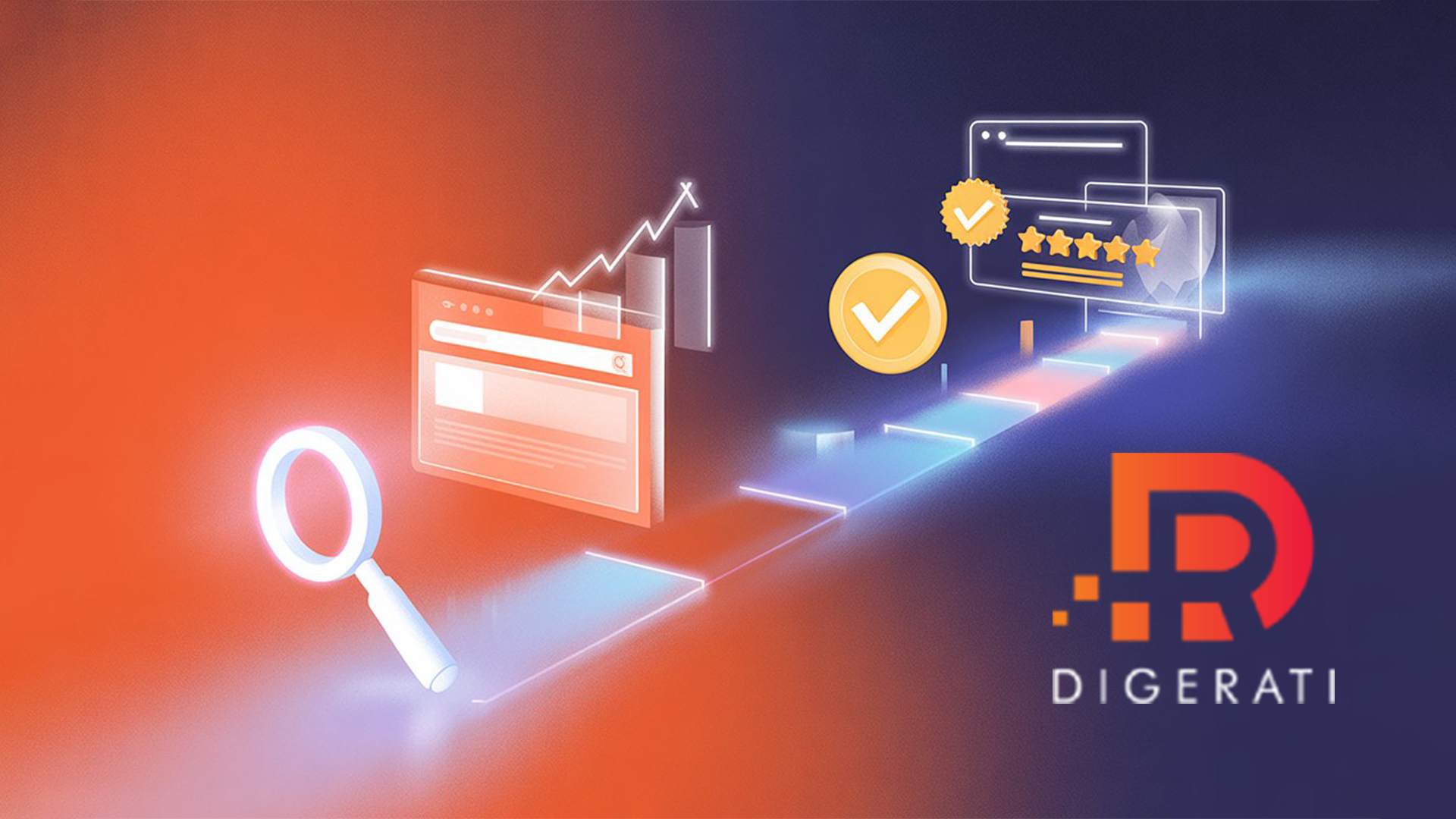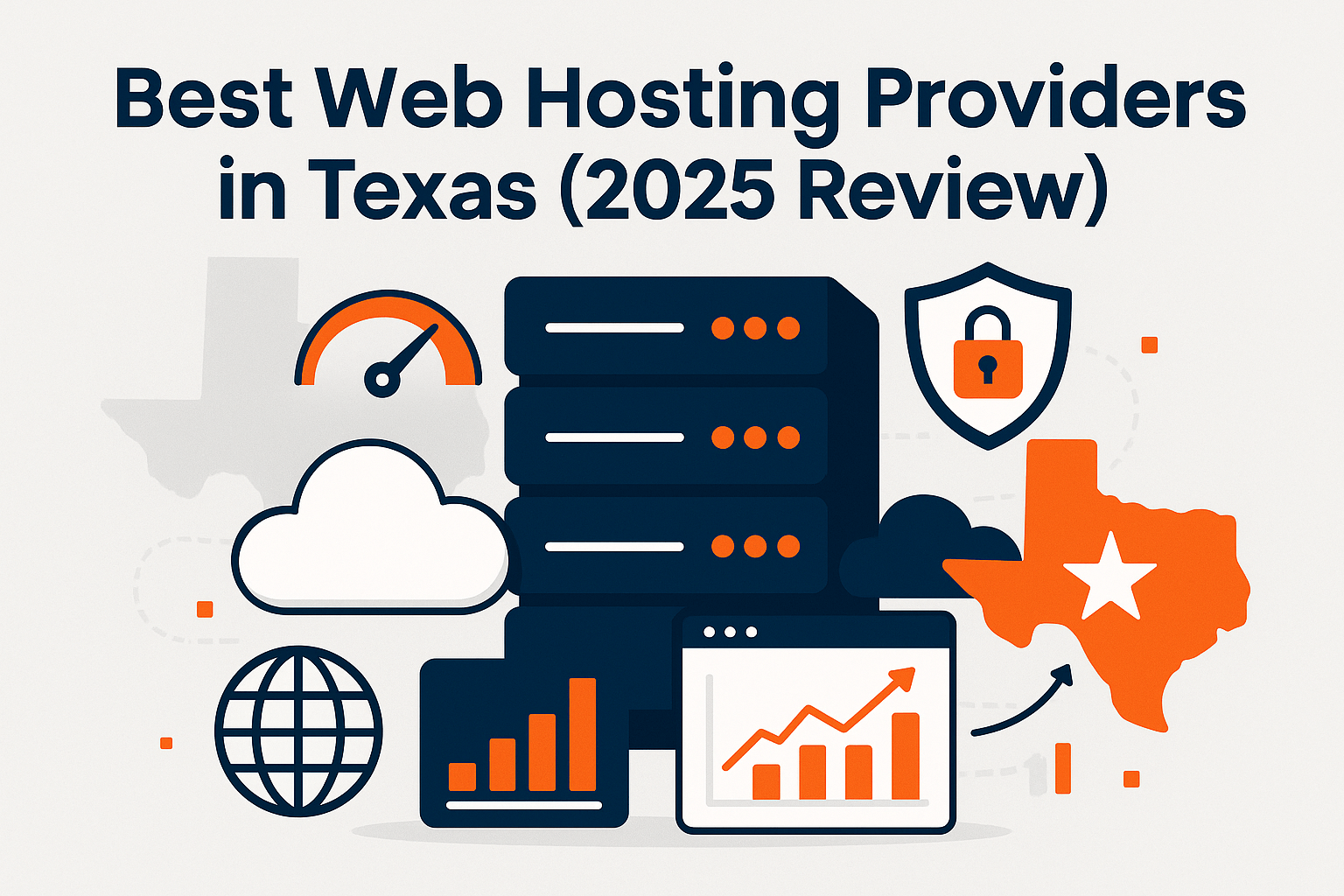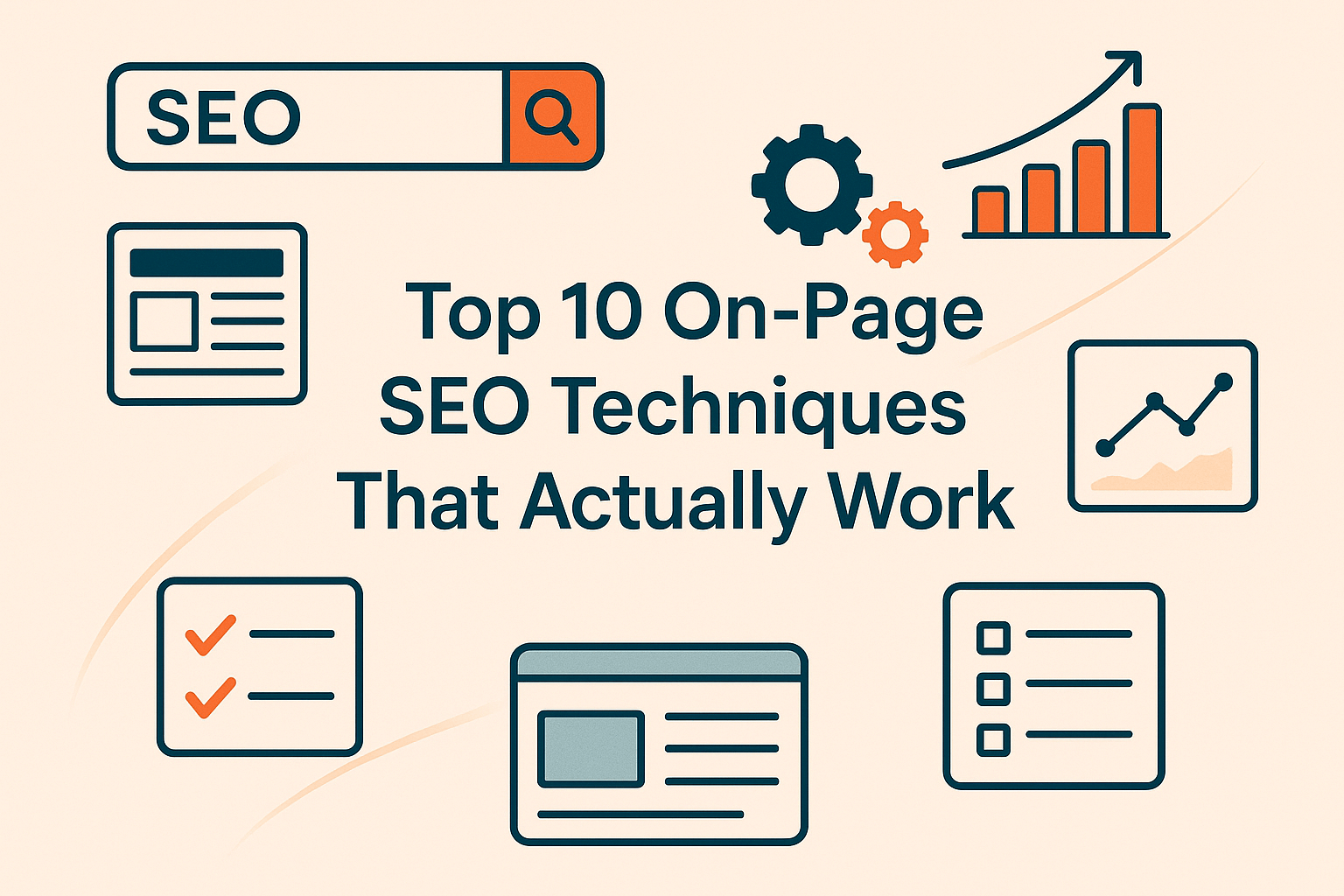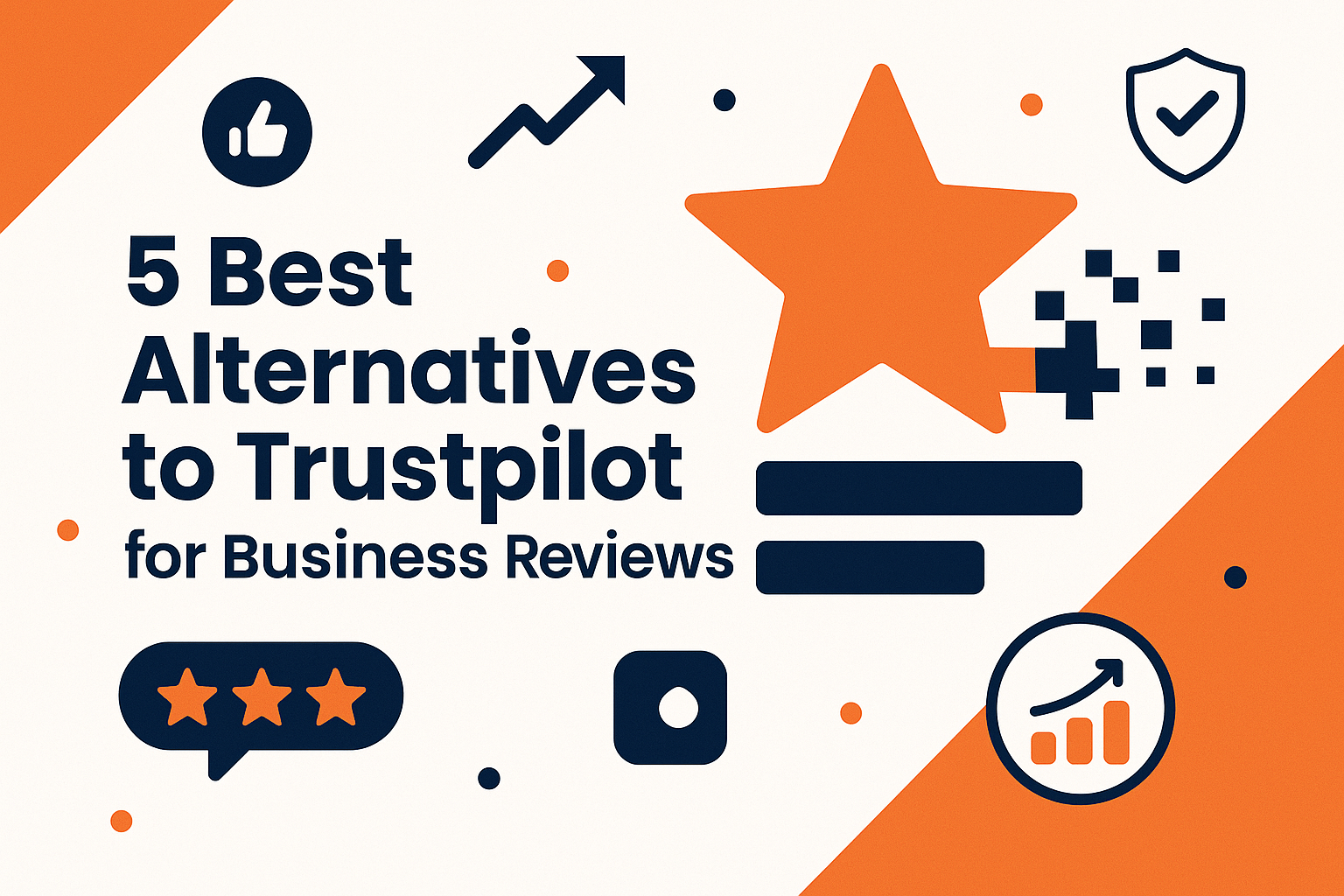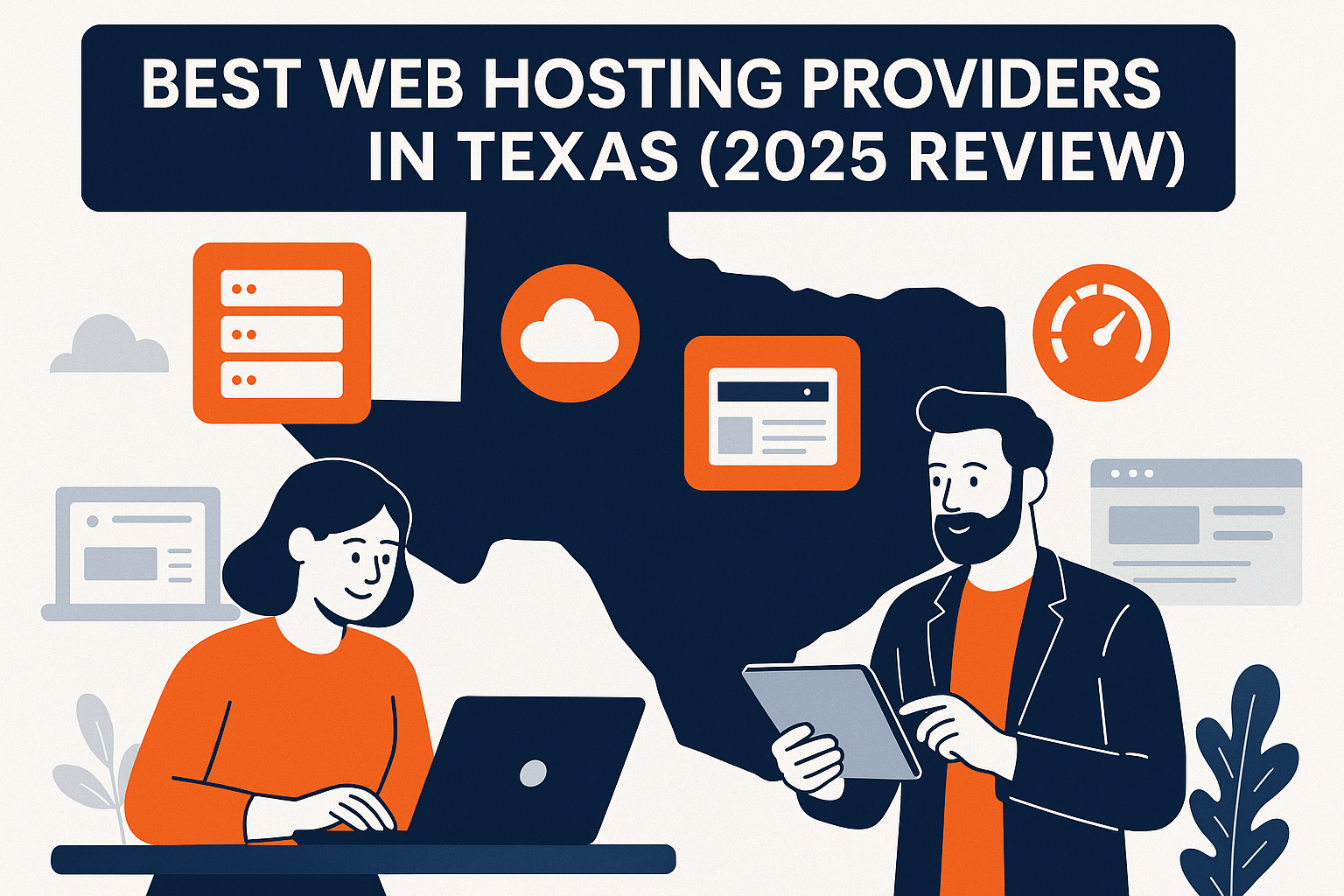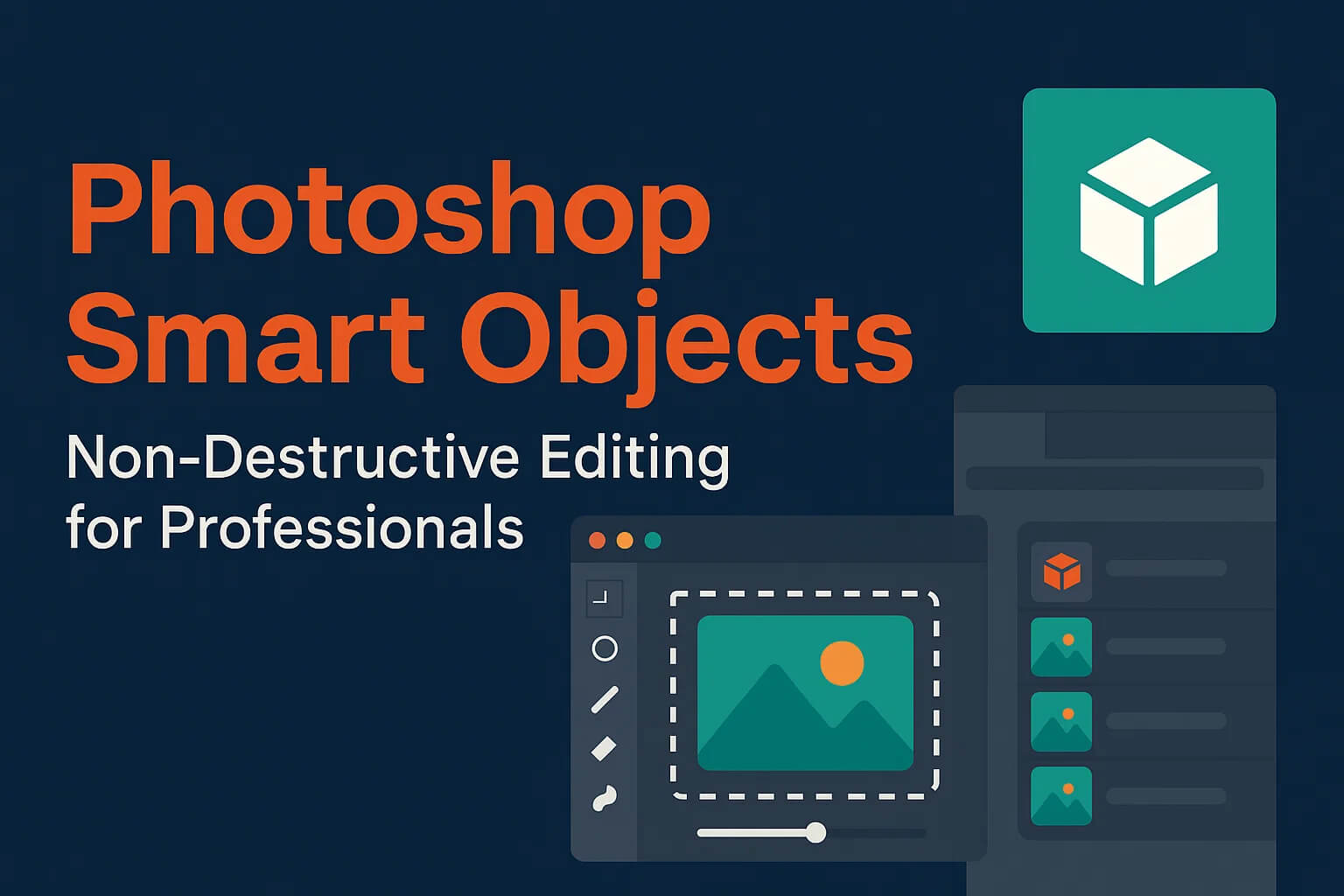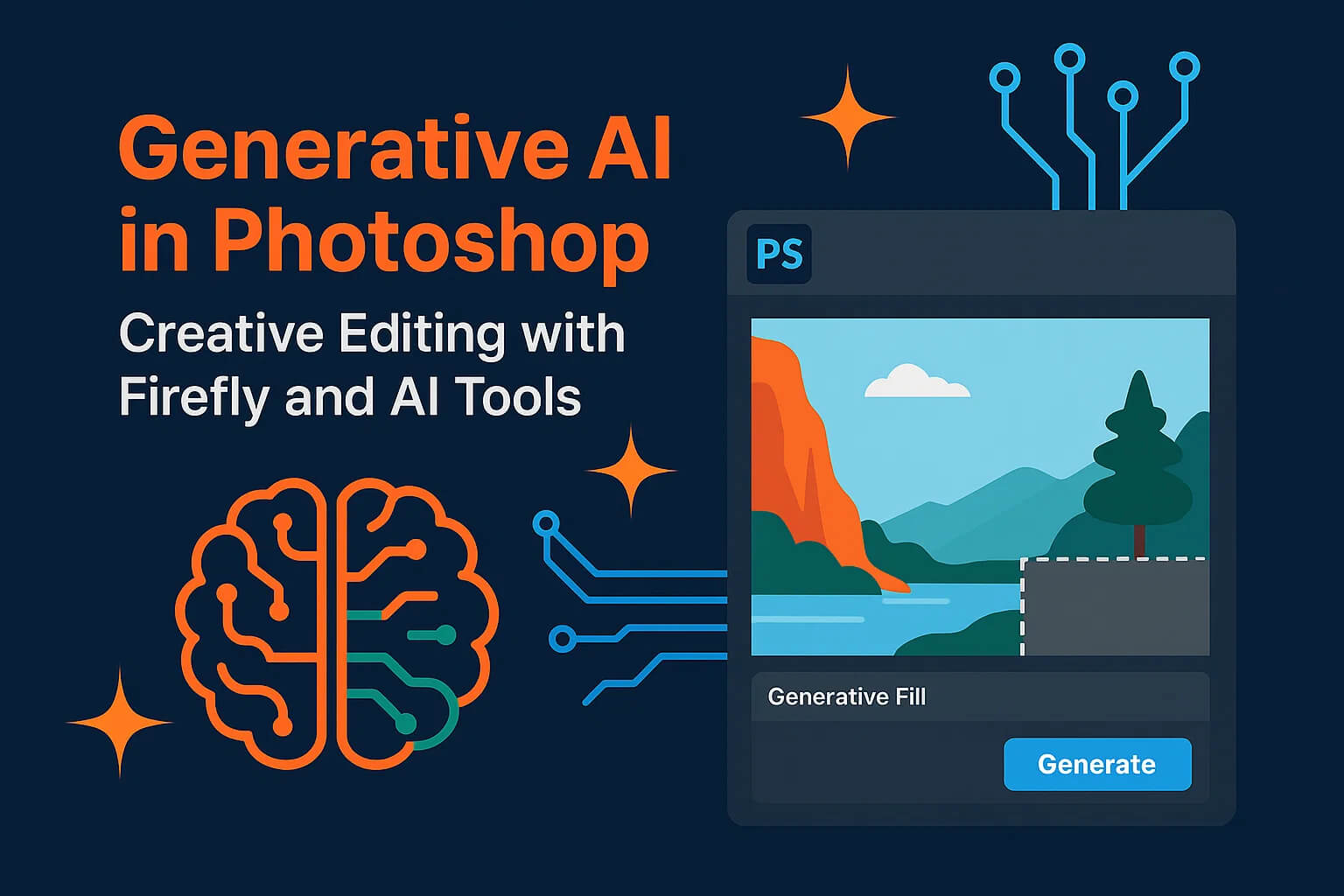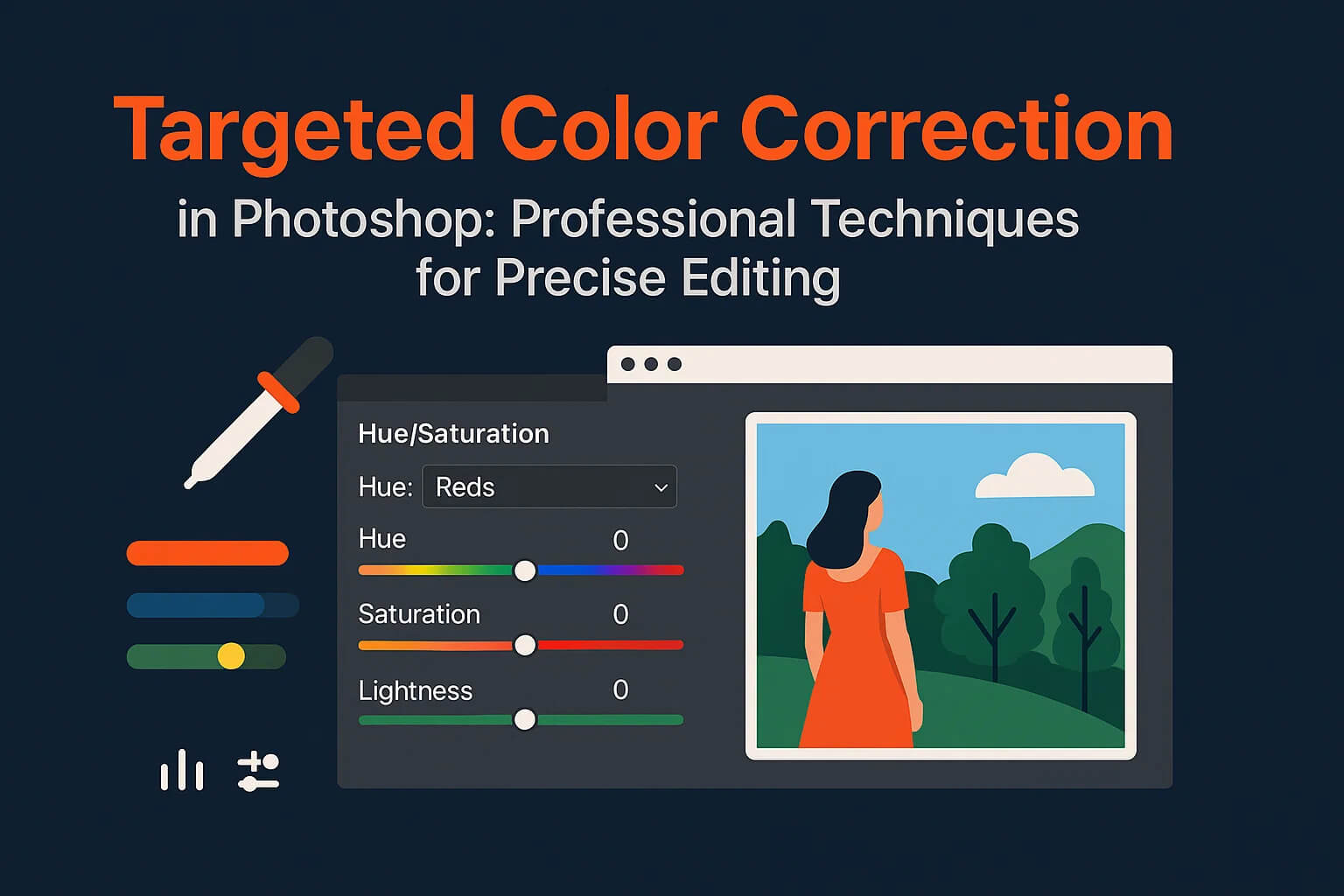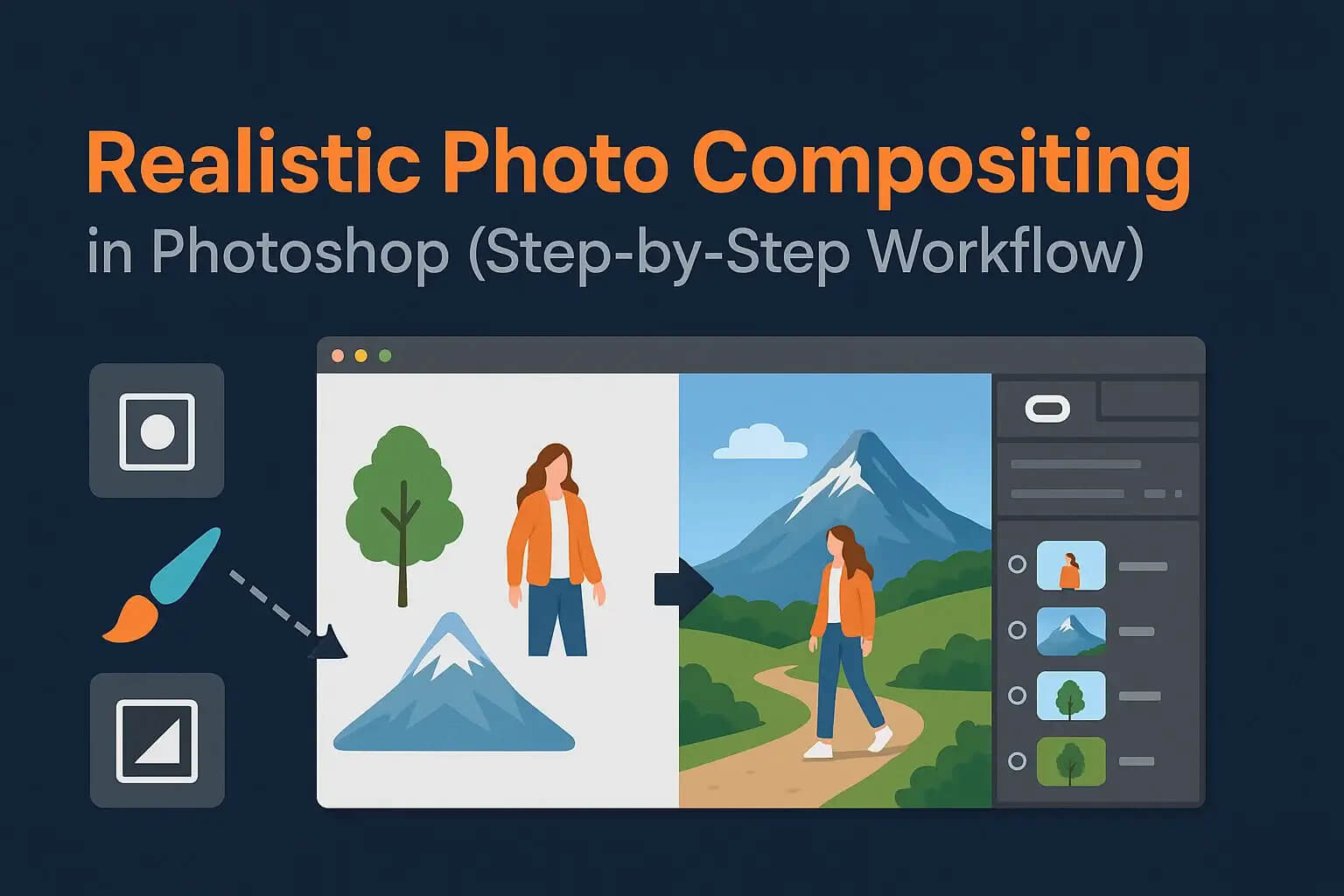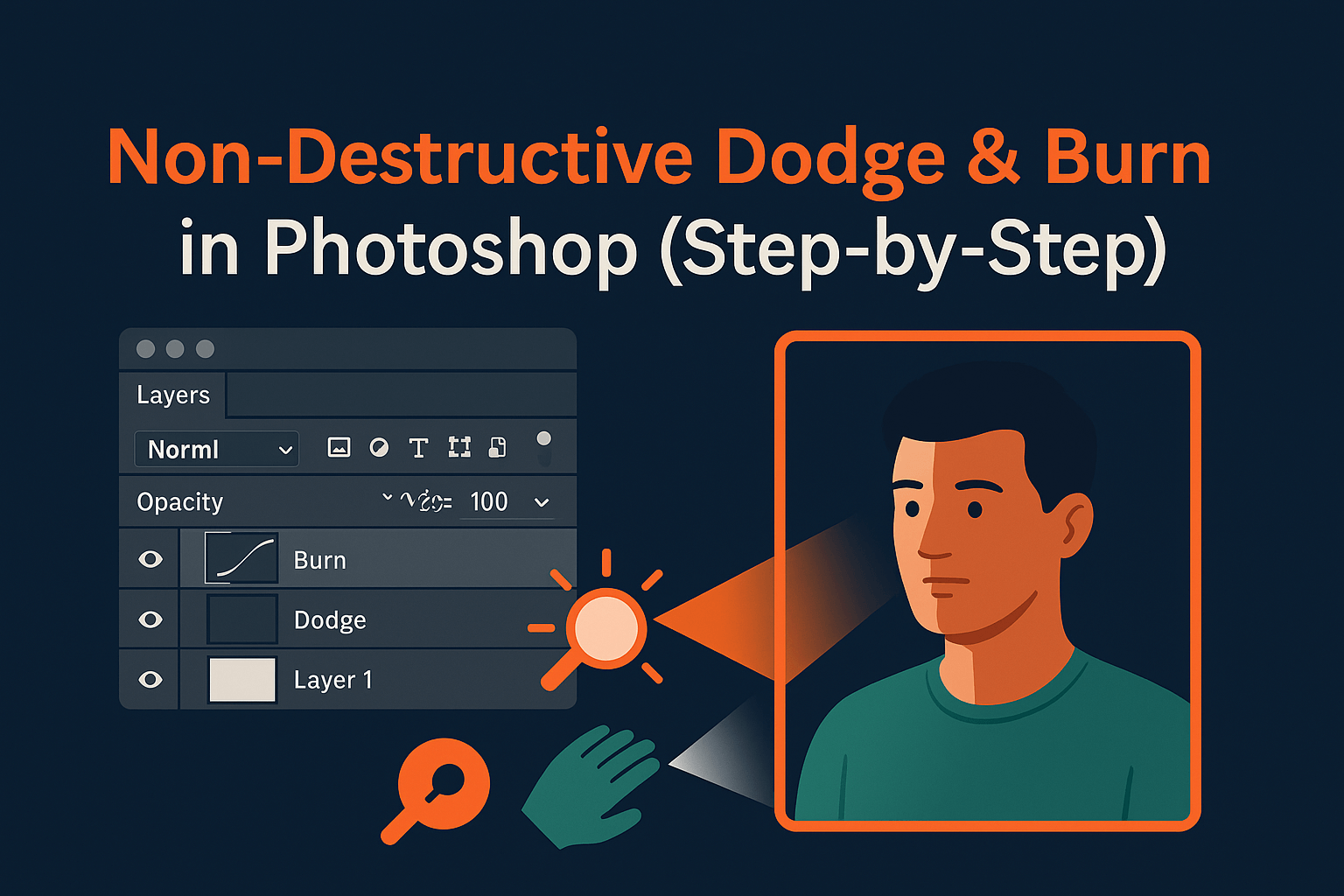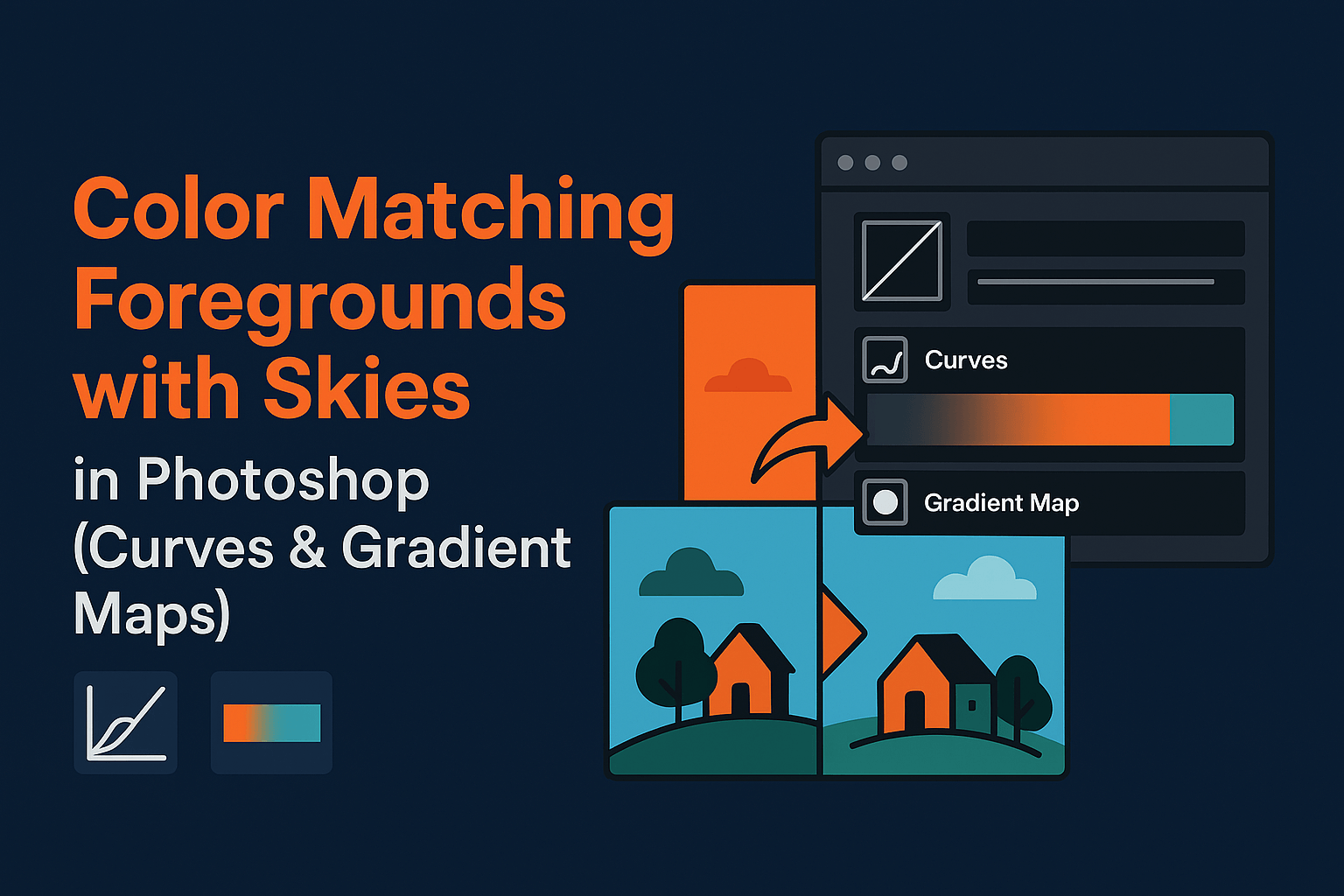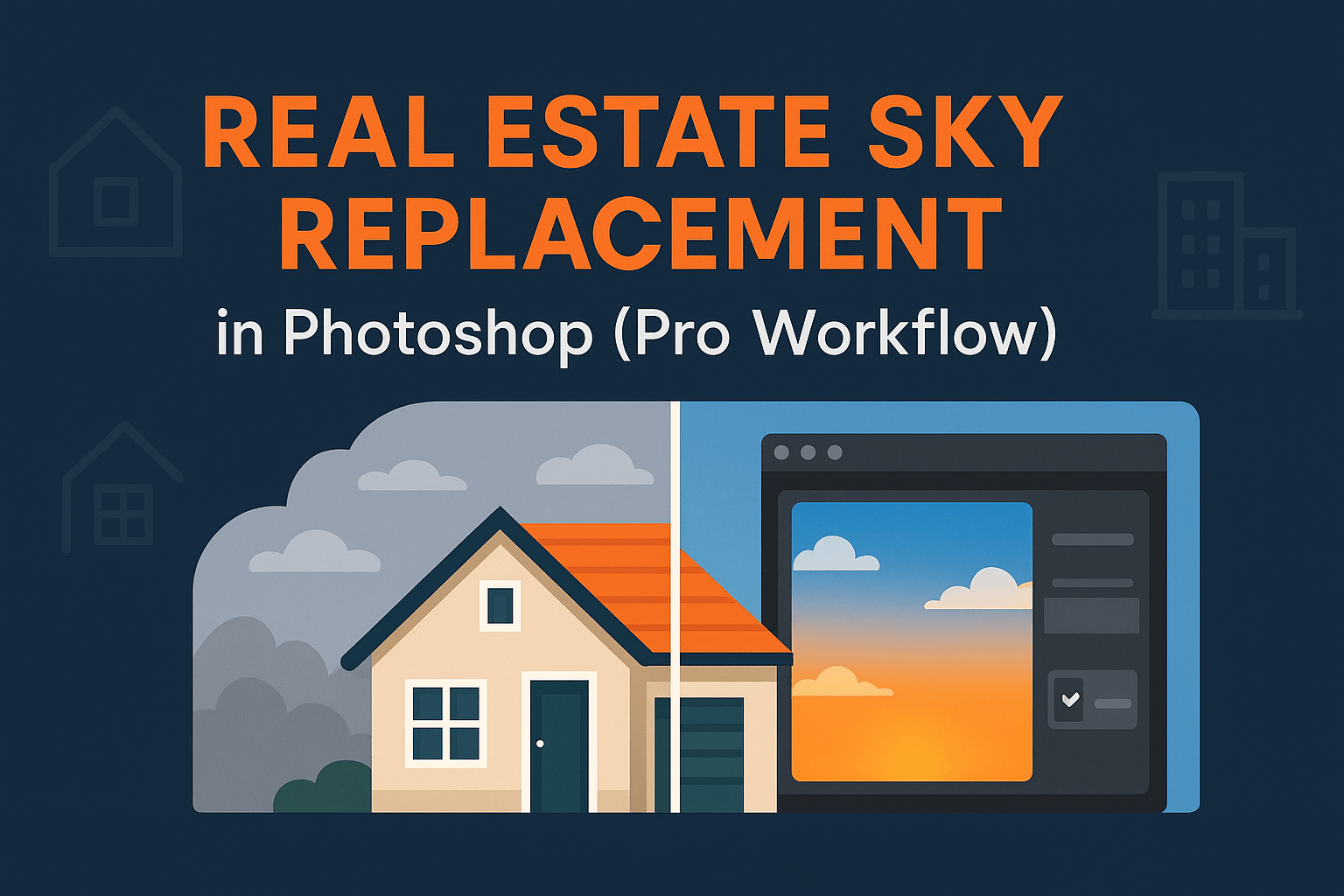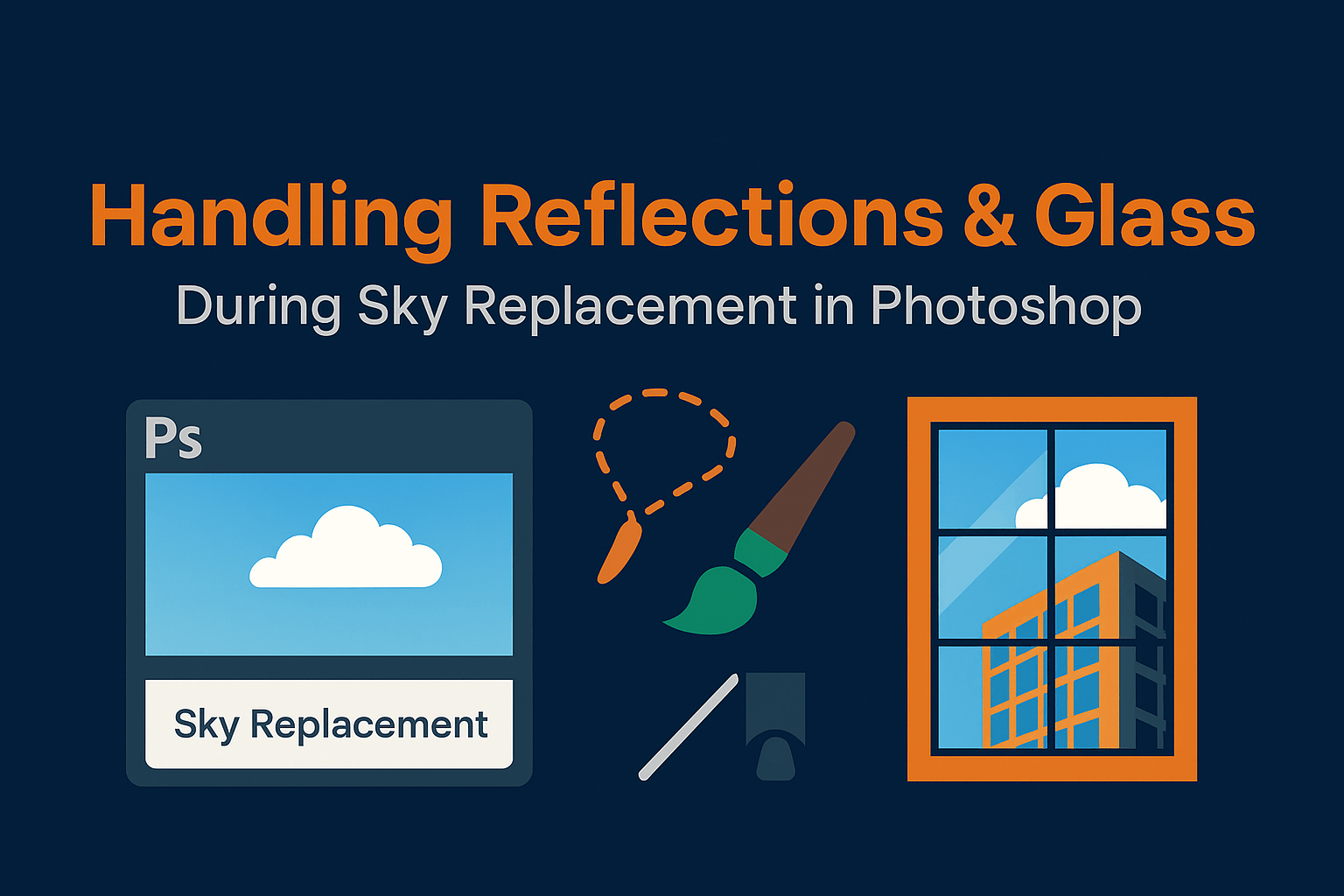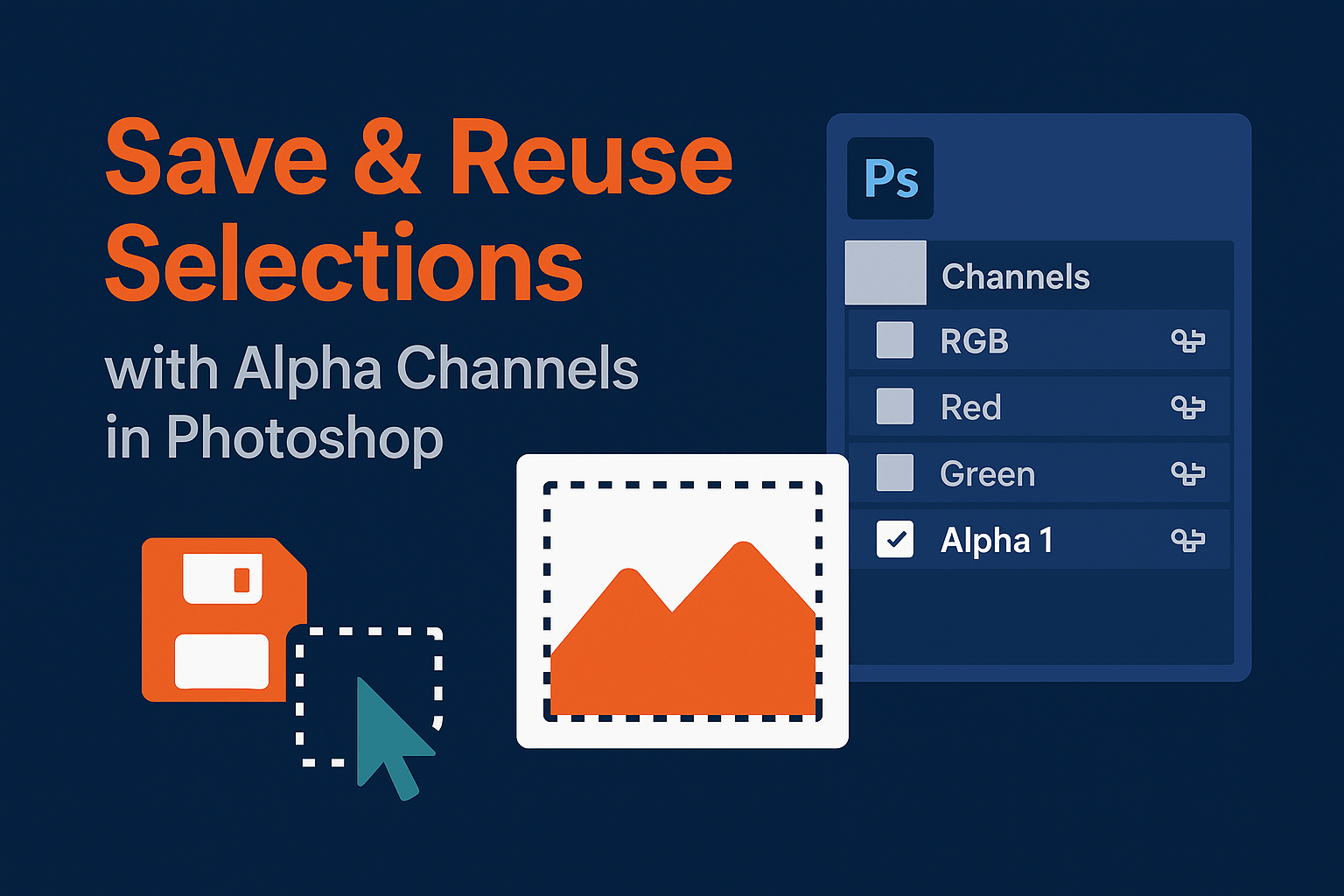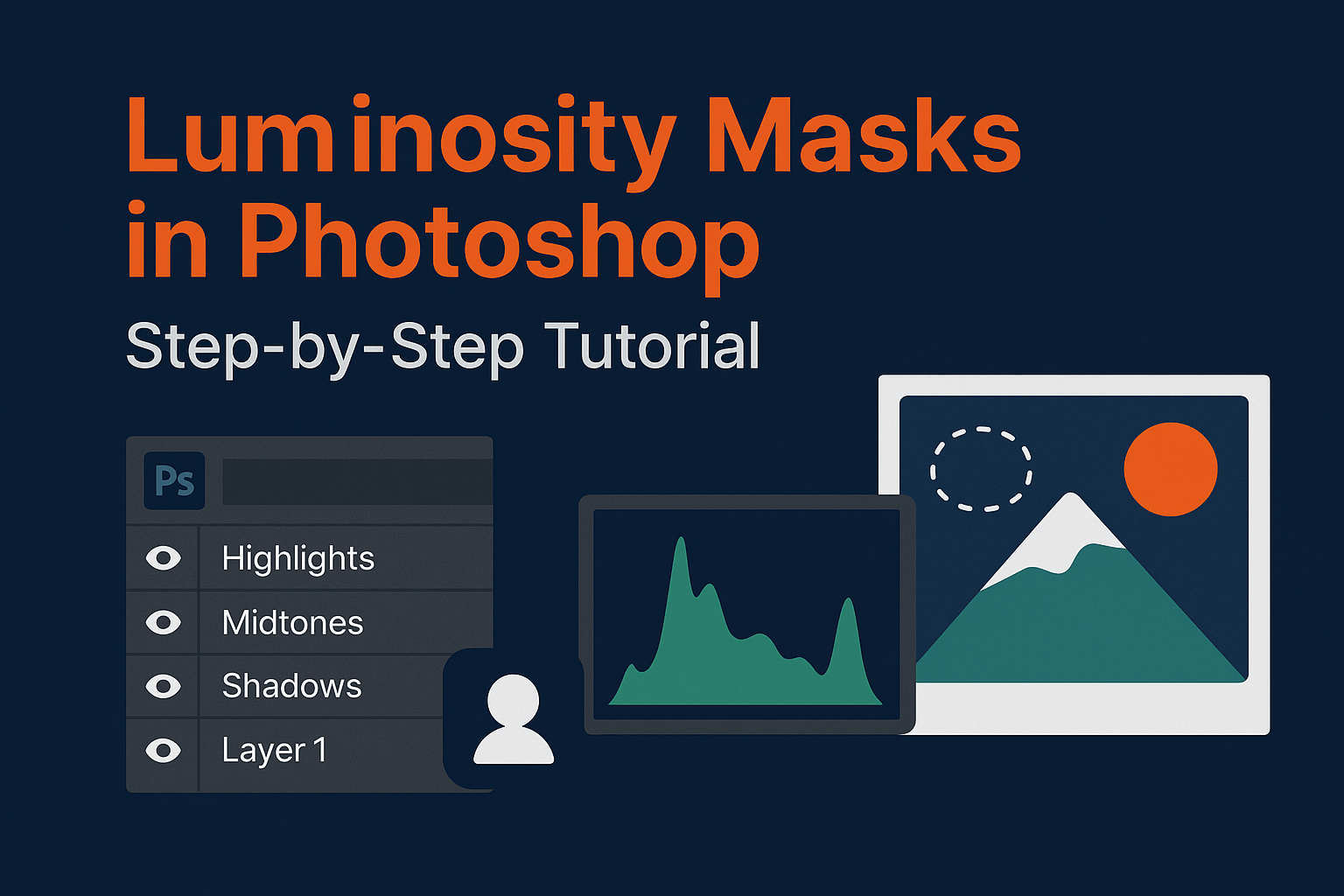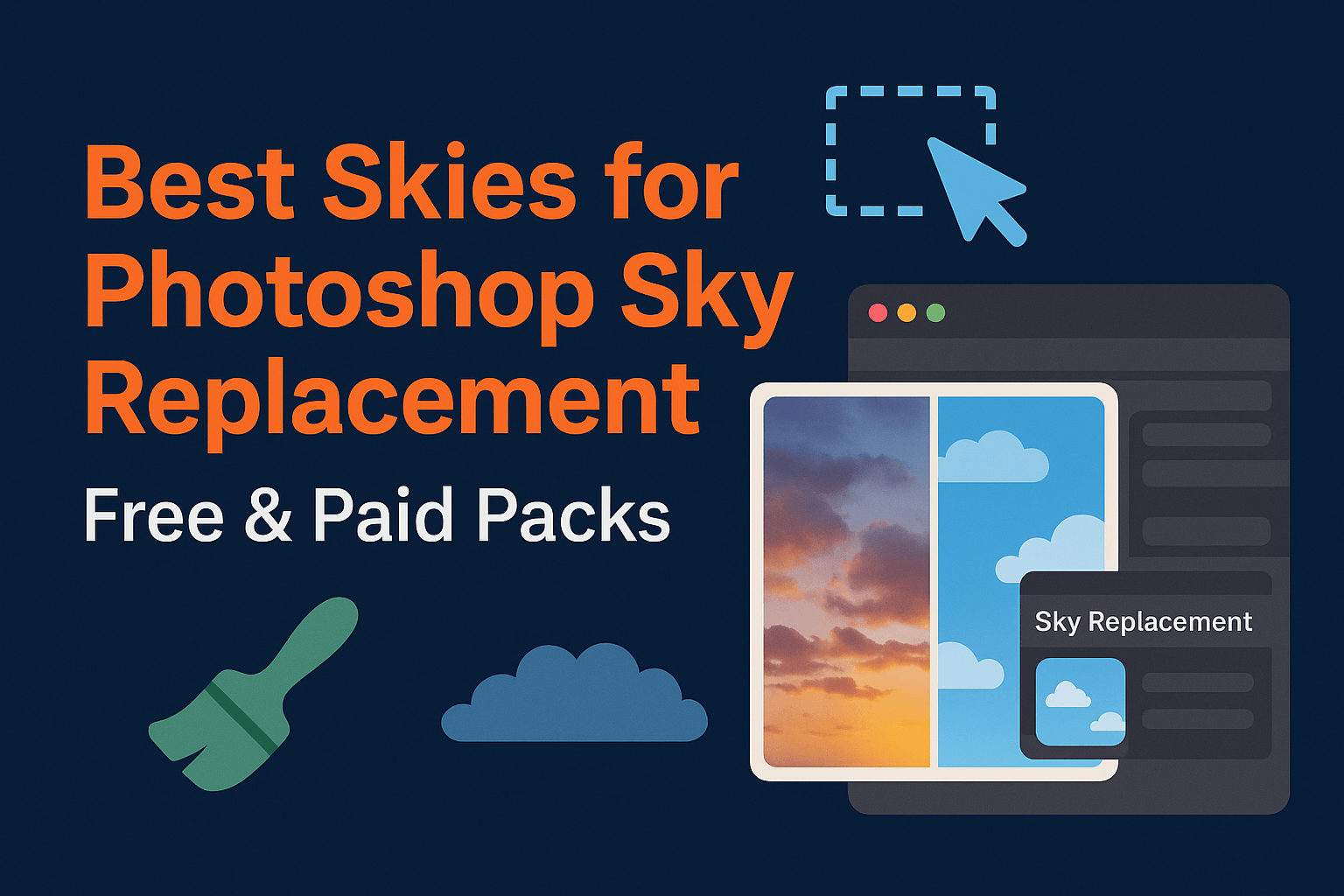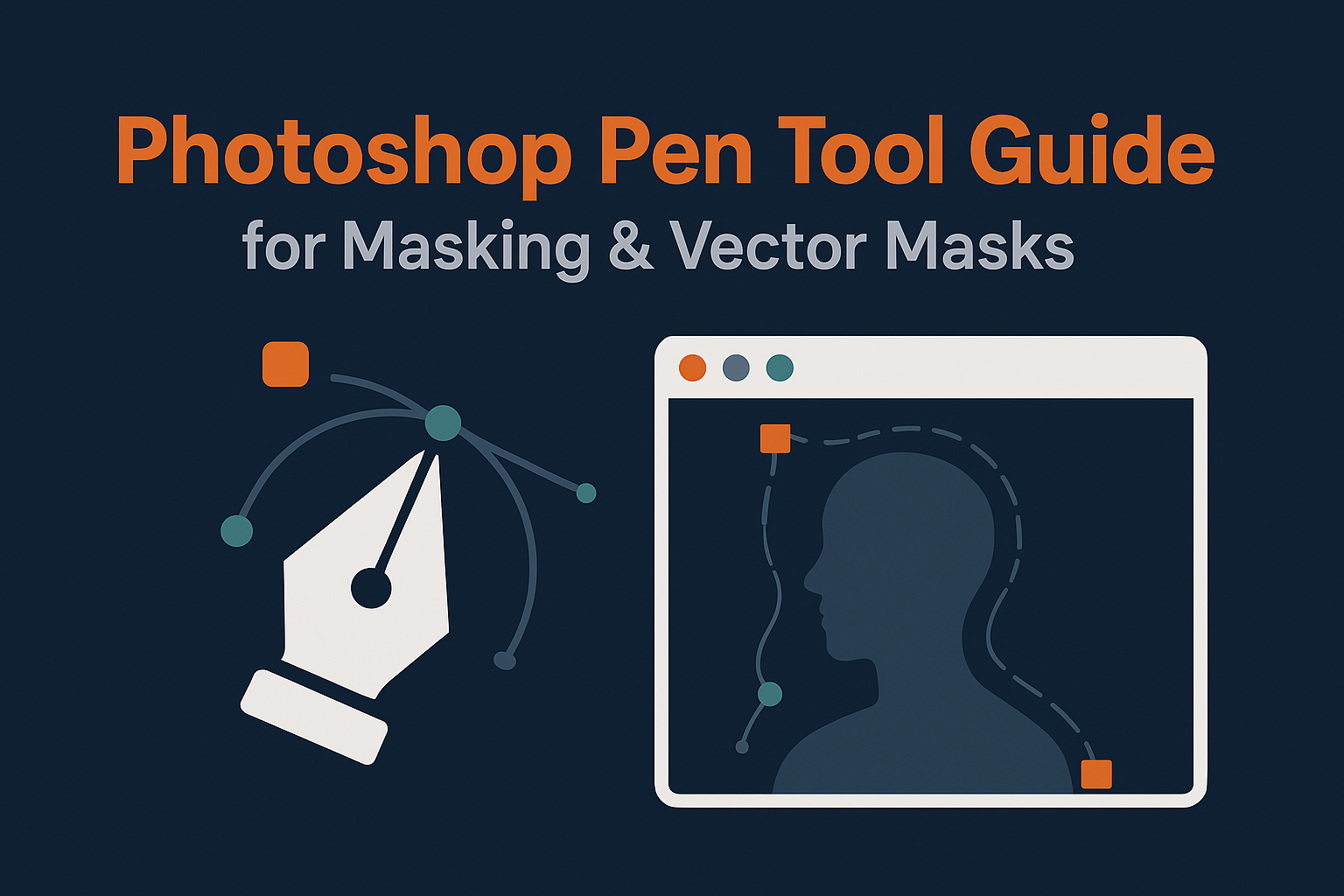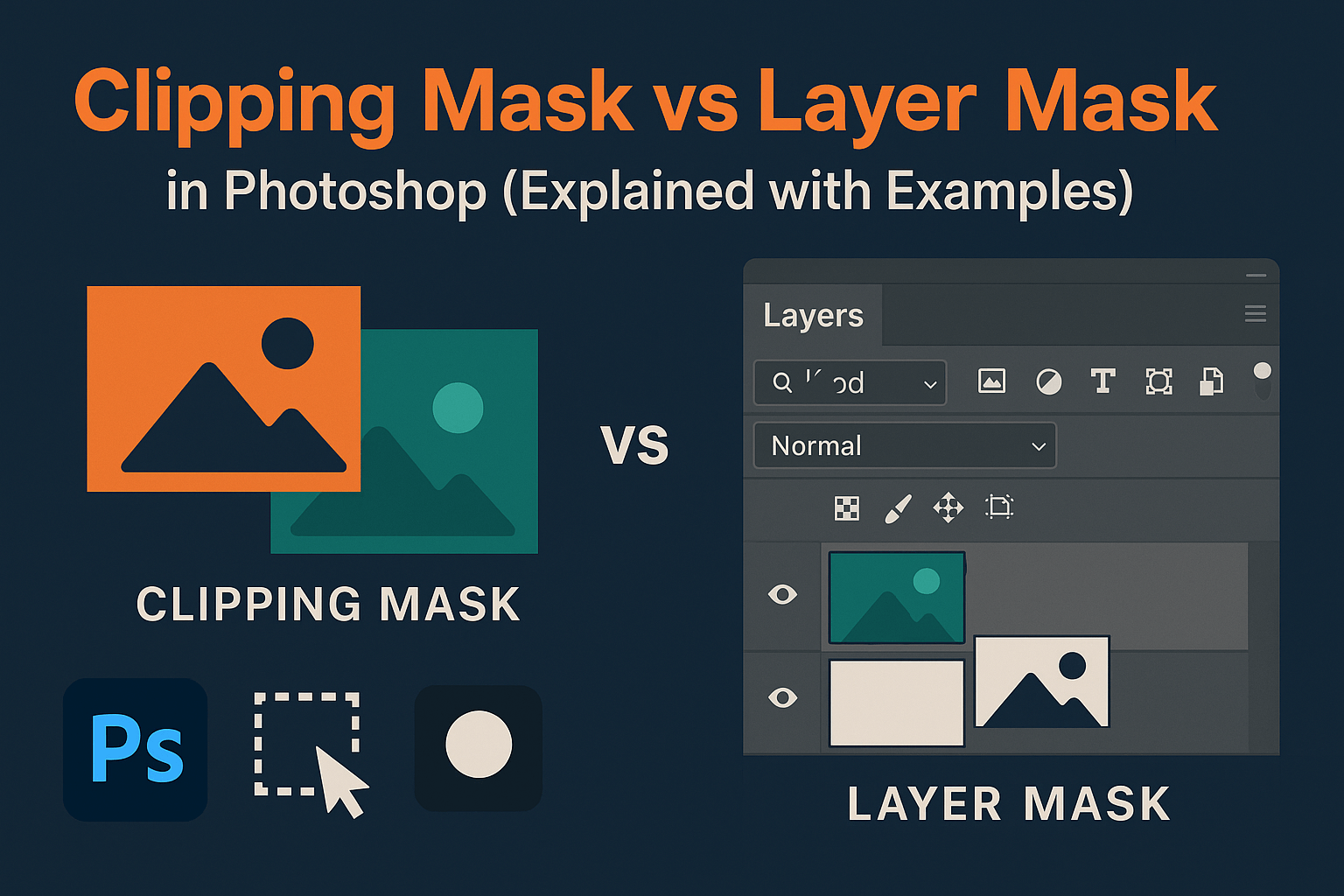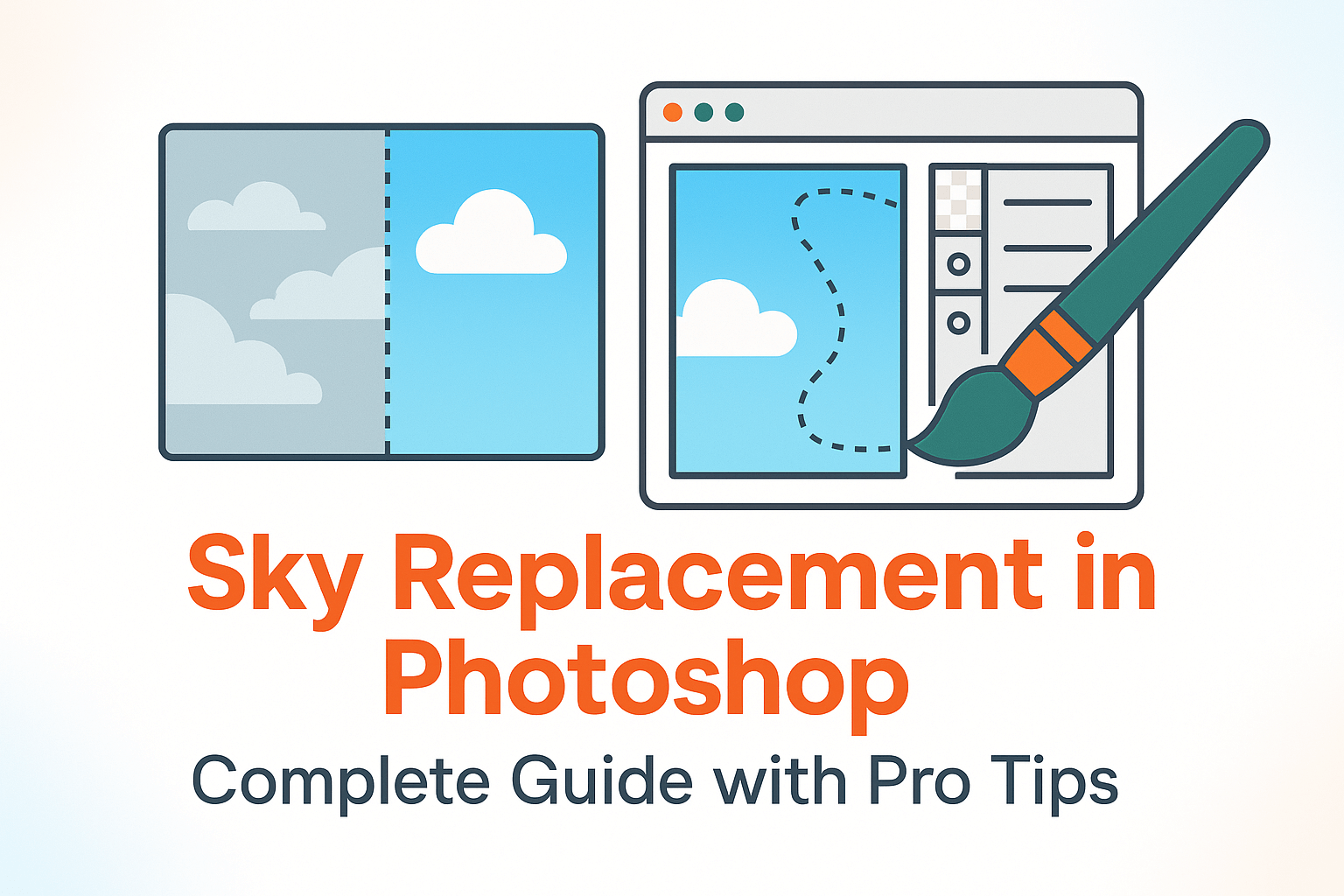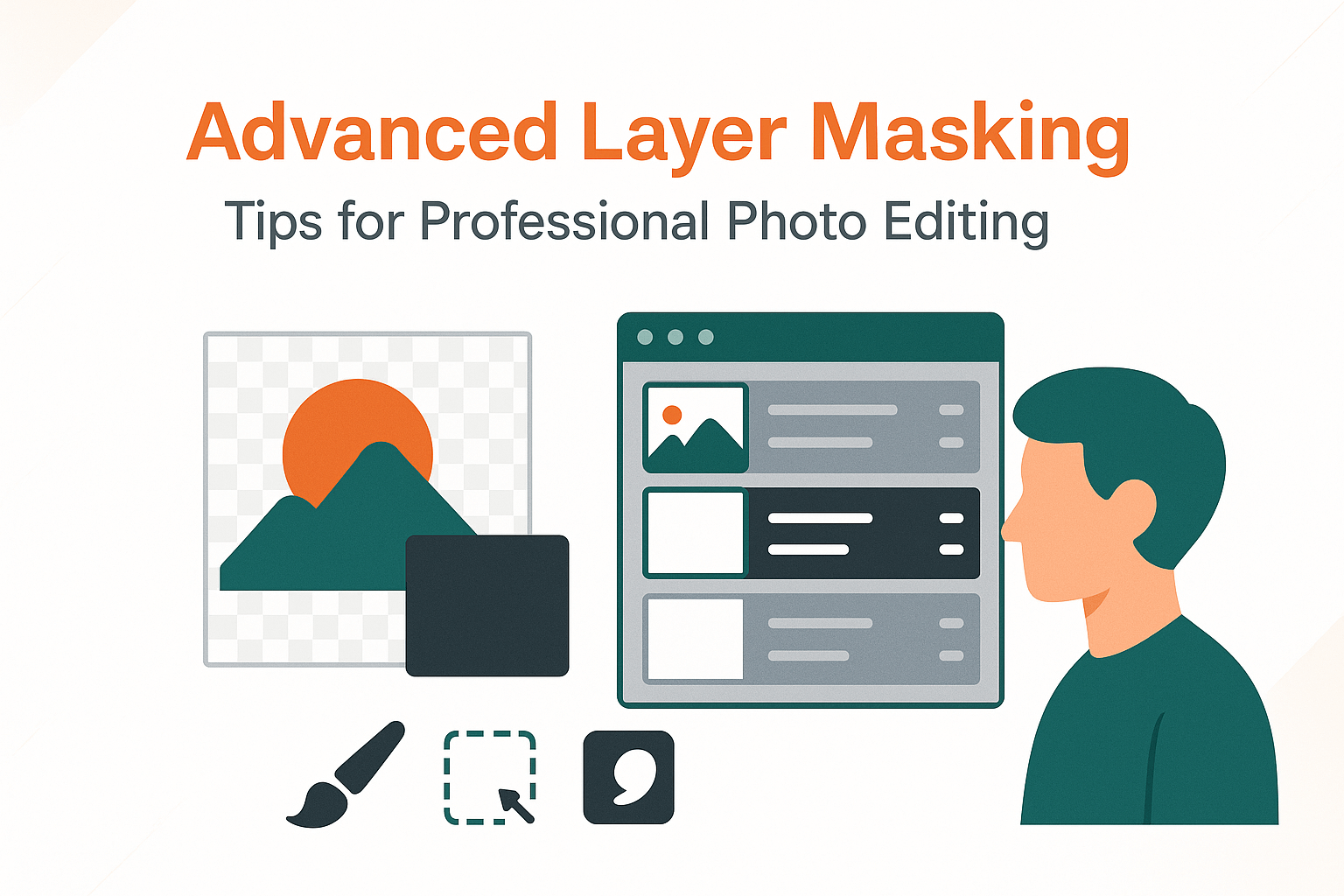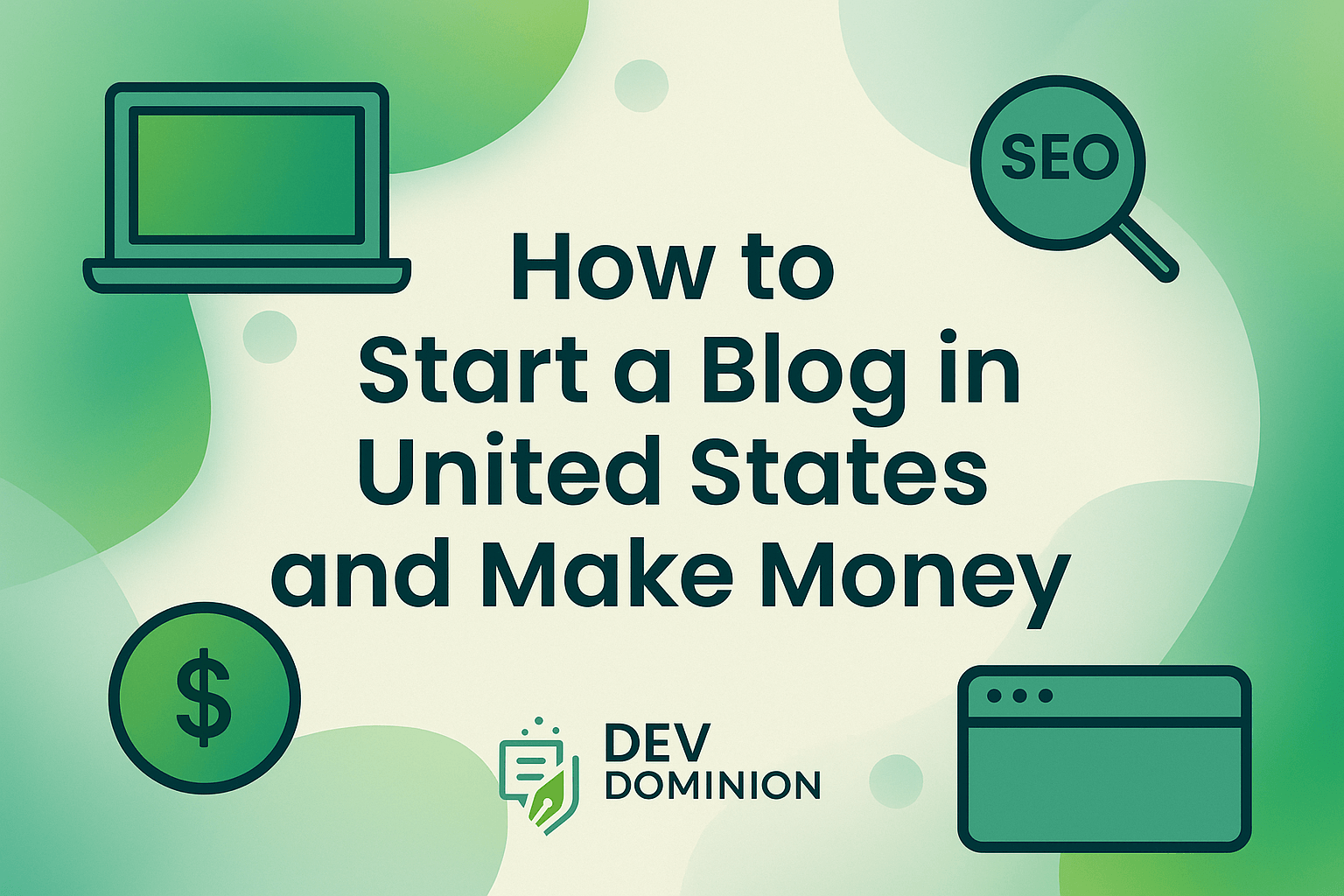
How to Start a Blog in United States and Make Money
Why Blogging in the U.S. is a Big Opportunity
Blogging in the United States has moved far beyond being a simple online diary. Today, it’s a powerful way to build a personal brand, share knowledge, and generate income. From solo entrepreneurs running niche sites to corporations scaling their digital presence, blogging in United States is one of the most effective tools for reaching audiences and driving growth.
According to HubSpot’s blogging statistics, businesses that blog generate 67% more leads than those that don’t. Meanwhile, Statista reports that tens of millions of Americans read blogs regularly, creating a huge opportunity for content creators.
If you’ve been wondering how to start a blog in United States and make money, this guide covers everything you need from setting up your domain and designing your site to SEO, monetization, promotion, and U.S.-specific legal considerations.
Define Your Purpose, Niche & Audience
Before launching, it’s critical to define your blog’s purpose. Blogging without a niche is like starting a business without a plan you’ll struggle to stand out.
Why Niche Matters in the U.S.
The U.S. blogging space is highly competitive. Niches help you:
-
Build authority faster
-
Attract a loyal audience
-
Monetize more effectively
Validating a Niche
-
Use Google Trends to see what topics are gaining traction in the U.S.
-
Explore forums, Reddit, and Quora for frequently asked questions.
-
Research affiliate programs tied to your niche to confirm monetization potential.
Examples of profitable U.S. niches:
-
Personal finance & investing
-
Health, fitness, and wellness
-
Technology & software development
-
Food and lifestyle blogs with regional twists
-
Remote work and digital entrepreneurship
Choose the Right Platform & Infrastructure
Once you know your niche, the next step is selecting the platform that will power your blog.
What Makes a Good Blogging Platform for the U.S. Market?
-
Easy to set up (no coding required)
-
Scalable (can grow with your audience)
-
SEO-friendly (meta tags, custom URLs, sitemaps)
-
Allows custom domains (critical for trust and branding)
Why Multi-Tenant Platforms Are Better
Traditional CMS systems like WordPress require individual installs, plugins, and constant maintenance. In contrast, multi-tenant platforms host multiple blogs on one system, sharing updates, hosting, and security. This saves time, money, and headaches.
Dev Dominion is an all-in-one, multi-tenant platform built for creators and entrepreneurs. It offers:
-
SEO optimization out of the box
-
Custom domain integration
-
Affordable pricing plans
-
Ecommerce options for future monetization
Domain Name, Hosting & Technical Setup
Why Your Domain Name Matters
Your domain is your blog’s identity. For blogging in United States, you need a domain that’s:
-
Short, easy to spell, and brandable
-
Keyword-relevant if possible
-
Preferably ending in .com (most trusted in the U.S.)
Hosting Considerations
-
Uptime: Readers expect 99.9% availability
-
SSL: Mandatory for trust and SEO ranking
-
Server location: U.S.-based hosting improves speed for U.S. visitors
On Dev Dominion, hosting and SSL are included. You don’t need to manage servers or purchase add-ons — simply connect your domain and start blogging.
Design & Structure Your Blog
A professional design increases reader trust and keeps visitors engaged.
Best Practices for U.S.-Based Blogs
-
Mobile-first design: Over 60% of U.S. readers browse via mobile.
-
Clear navigation: Use categories like “Guides,” “Reviews,” or “News.”
-
Readable fonts: Stick to clean sans-serif fonts like Poppins or Rubik.
-
Fast-loading pages: Americans expect near-instant load speeds.
Dev Dominion offers modern templates optimized for both aesthetics and performance, making it easy for new bloggers to design like pros.
Content Strategy & SEO
Content is king, but SEO ensures your audience actually finds it.
Keyword Research for U.S. Audiences
-
Focus on long-tail keywords (e.g., “how to start a blog in United States for beginners”)
-
Use tools like SEMrush, Ahrefs, or Ubersuggest
-
Check “People Also Ask” results on Google for FAQ content ideas
Content Types That Work in the U.S.
-
How-to guides (step-by-step tutorials)
-
Product reviews (U.S. brands or services)
-
Opinion pieces (on trending American topics)
-
Case studies (real-world stories from the U.S.)
On-Page SEO Essentials
-
Include your main keyword in the title, intro, and at least one H2
-
Optimize meta descriptions (≤160 characters)
-
Use internal links to related blog posts
-
Add external links for authority (like HubSpot, Statista, or SBA)
Want more on platform choice? Read 10 Reasons Multi-Tenant Blog Platforms Are the Future of Content.
Step 6: Monetization - How U.S. Bloggers Earn
Once your blog gains traction, it’s time to monetize.
Common Monetization Strategies
-
Affiliate Marketing
-
Join programs like Amazon Associates or ShareASale.
-
Write reviews and tutorials featuring affiliate links.
-
-
Display Ads
-
Use Google AdSense or premium ad networks like Mediavine.
-
-
Sponsored Content
-
U.S. companies pay bloggers for product mentions.
-
-
Digital Products
-
Sell eBooks, courses, templates, or guides.
-
-
Ecommerce Integration
-
Sell physical products directly through your blog.
-
💡 With Dev Dominion’s pricing plans, you can start for just $1/month and unlock ecommerce features at $5/month.
Promotion & Growth
Even the best blog needs promotion. Here’s how to grow your audience in the U.S.:
-
Social Media: Share snippets on LinkedIn, X (Twitter), Instagram, and TikTok.
-
Email Marketing: Start building a list from day one with lead magnets.
-
Networking: Collaborate with other U.S. bloggers or devs on guest posts.
-
SEO Growth: Focus on backlinks and updating older posts.
Check out the Dev Dominion Blog for more promotion strategies.
Legal & Best Practices for U.S. Bloggers
Important U.S. Legal Considerations
-
FTC Disclosures: Must disclose affiliate links and sponsored posts.
-
Copyright laws: Respect intellectual property.
-
Privacy laws: U.S. blogs must comply with CCPA and (if global) GDPR.
-
Taxes: Blogging income in the U.S. is taxable. The U.S. Small Business Administration has guidance for digital entrepreneurs.
Common Mistakes to Avoid
-
Using free subdomains (hurts credibility)
-
Ignoring SEO basics (keywords, meta tags, site speed)
-
Publishing inconsistently
-
Neglecting email list building
-
Overlooking mobile optimization
Start Your Blogging Journey Today
Blogging in the United States is one of the best ways to build an online presence and generate income. With the right foundation. A custom domain, SEO strategy, and monetization plan, your blog can grow into a real business.
Platforms like Dev Dominion make the process seamless, giving you all-in-one tools to start, grow, and monetize.
👉 Don’t wait. Explore Dev Dominion’s pricing plans and launch your U.S. blog today.
Your Brand. Your Blog. Your Domain.

